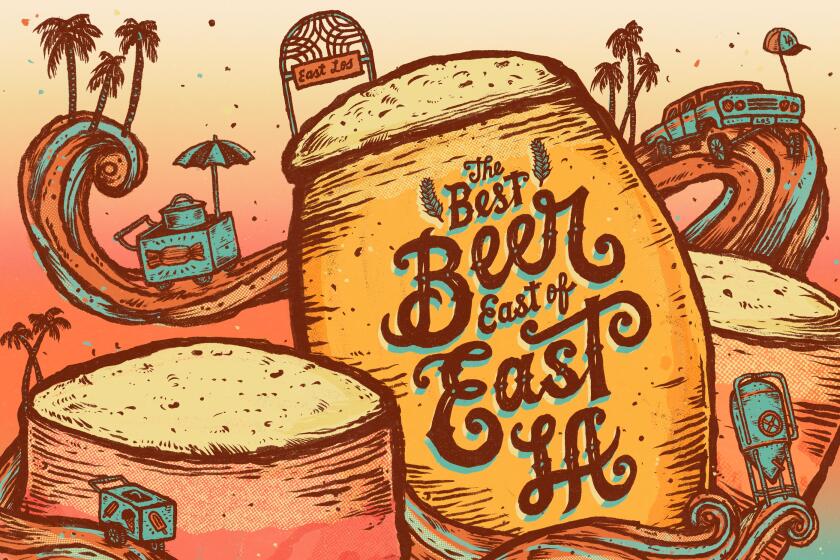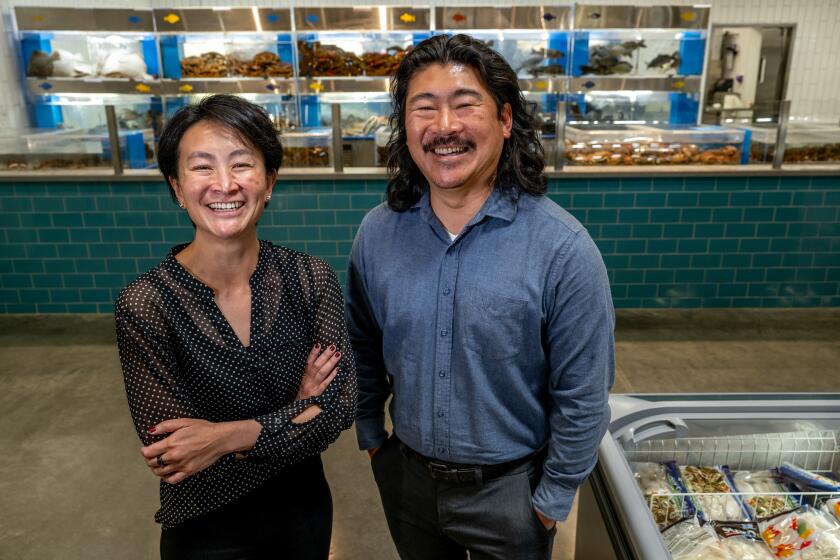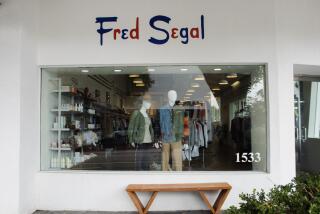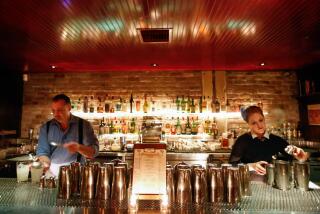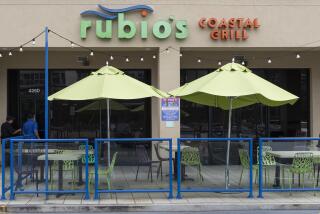S.F.’s Anchor Brewing survived quakes, fires and Prohibition. Now it could close for good
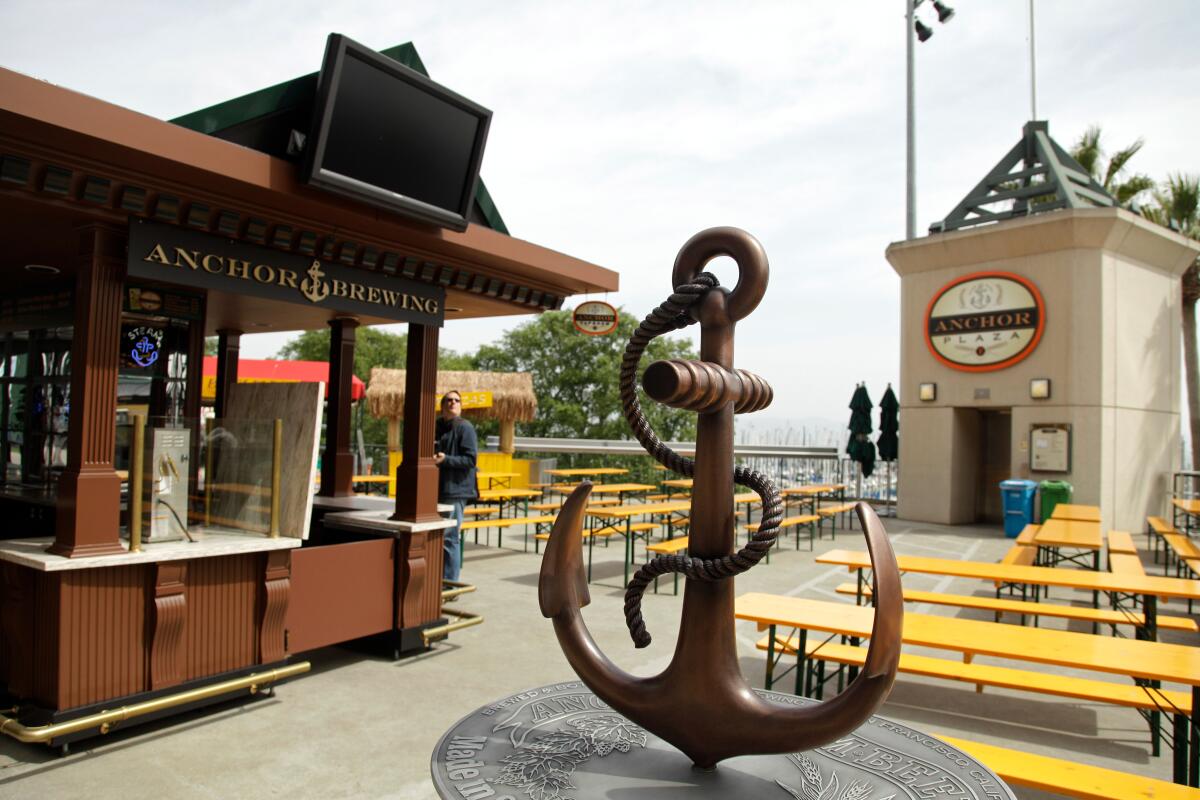
San Francisco’s historic Anchor Brewing Co. will shut down and is no longer making beer, the company announced, signaling the end of a 127-year run for the California institution that weathered wars, Prohibition and the great earthquake of 1906.
The brewery was losing around $10 million a year since COVID-19 “significantly affected” its business, according to parent company Sapporo Holdings Ltd.
“This was an extremely difficult decision that we reached only after many months of careful evaluation,” said Sam Singer, a spokesperson for Anchor Brewing. “We recognize the importance and historic significance of Anchor to San Francisco and to the craft brewing industry, but the impacts of the pandemic, inflation, especially in San Francisco, and a highly competitive market left us with no option but to make this sad decision to cease operations.”
Though production has stopped, the brewery will continue to distribute its remaining stock and operate its on-site taproom through the end of the month.
Just east of East LA is a burgeoning craft beer scene that’s led by longtime locals, including women, Latinos and Asian Americans.
Anchor Brewing will begin the process of assignment for the benefit of creditors, which is a common move for distressed businesses as an alternative to official bankruptcy proceedings.
The brewery has had a long history of near-failures and comebacks since it was founded in 1896, when Ernst Baruth and Otto Schinkel Jr. bought a beer-and-billiards hall on Pacific Street in San Francisco and dubbed it Anchor. The original location burned down in the blazes that followed the 1906 earthquake.
Business rebounded until the start of Prohibition in 1920, which effectively shuttered Anchor yet again.
After Prohibition ended in April 1933, new owner Joseph Kraus began brewing the company’s most famous product: Anchor Steam Beer, named for the practice of fermenting outdoors due to the lack of refrigeration, which would send a cloud of steam into the cool Pacific air, according to Anchor Brewing.
Just nine months later, the brewery went up in flames again. Kraus enlisted the help of brewmaster Joe Allen to bring Anchor Brewing back to life in an old brick building a few blocks from the current location. Kraus died in 1952, and struggling to keep pace with mass-produced beers, Allen closed the microbrewery in 1959.
After only a year, Lawrence Steese bought and reopened the brewery, retaining Allen to carry on their craft brewing process. When Stanford student Fritz Maytag bought 51% of the company in 1965, he rescued Anchor from imminent bankruptcy. Anchor Brewing has been an icon of San Francisco since.
The news of its closure comes just a month after Anchor decided to stop distributing nationwide to focus on California, which already made up 70% of its sales.
They grew up at the nearly 40-year-old Asian grocery chain in the San Gabriel Valley. Now, siblings Alice and Jonson Chen are overseeing the national expansion of 99 Ranch Market.
Singer said the decision to stop nationwide sales and cease production of the company’s popular Christmas Ale were last-ditch efforts taken as Anchor hoped to find alternatives to closing.
Anchor Brewing was bought for around $85 million by Japanese beer giant Sapporo in 2017. Employees at Anchor unionized in 2019 following the sale; the union was in the process of negotiating its second contract when the shutdown was announced.
“Over the past several years, we implemented a variety of measures to improve the business, such as releasing new products, product renewals, and making brand investments,” Sapporo President Masaki Oga wrote in a release announcing the decision. “However, Anchor’s business performance continued to be sluggish.”
More to Read
Sign up for Essential California
The most important California stories and recommendations in your inbox every morning.
You may occasionally receive promotional content from the Los Angeles Times.
